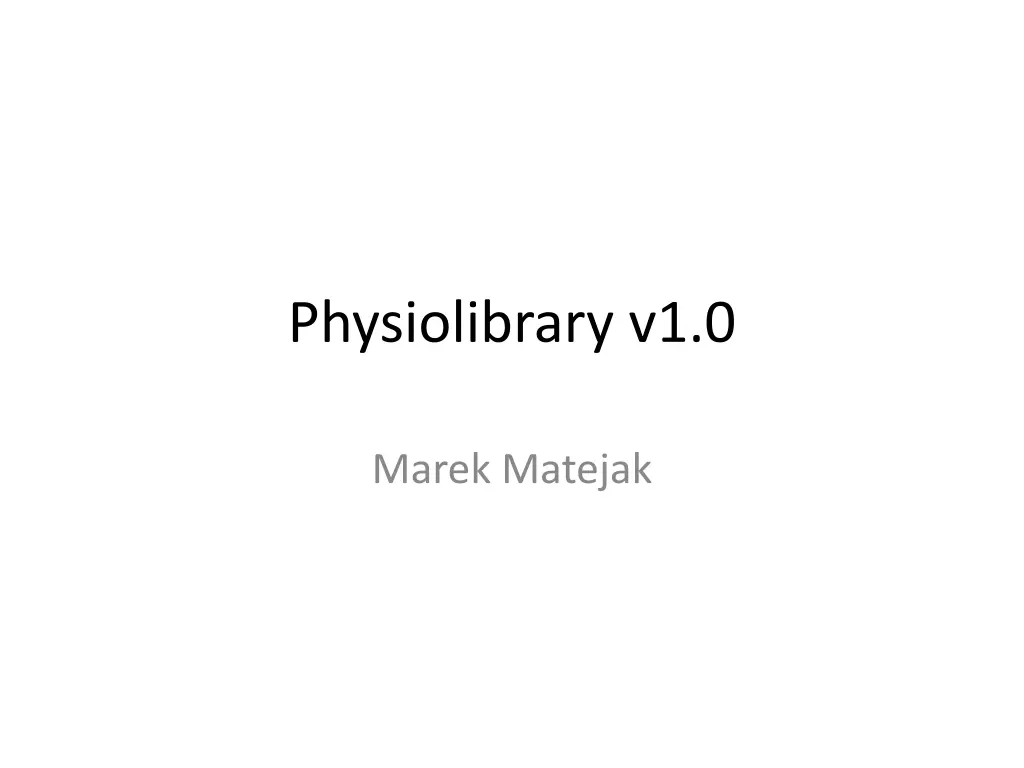
Chemical and Hydraulic Systems Overview
Explore a comprehensive guide covering various topics such as chemical reactions, diffusion, gas solubility, and hydraulic principles. Learn about different types of reactions, non-equilibrium behavior in chemical substances, and the hydrostatic pressure of fluids.
Download Presentation

Please find below an Image/Link to download the presentation.
The content on the website is provided AS IS for your information and personal use only. It may not be sold, licensed, or shared on other websites without obtaining consent from the author. If you encounter any issues during the download, it is possible that the publisher has removed the file from their server.
You are allowed to download the files provided on this website for personal or commercial use, subject to the condition that they are used lawfully. All files are the property of their respective owners.
The content on the website is provided AS IS for your information and personal use only. It may not be sold, licensed, or shared on other websites without obtaining consent from the author.
E N D
Presentation Transcript
Physiolibrary v1.0 Marek Matejak
Types Dymola display units setting: copy Resources\DymolaSettings\displayunit.mos to C:\Program Files\Dymola 2014\insert\ Example parameters in display units:
Chemical.Substance Non-equilibrium behavior: q_out.conc = solute/solventVolume; der(solute) = q_out.q;
Chemical.MolarStream q_in.q = solventFlow*q_in.conc; q_in.q + q_out.q = 0; Only forward direction! Flow and q_out.conc are independent ! Input concentration q_in.conc is not in inStream() ! The value of flow-concentration is q/solventFlow.
Chemical.ChemicalReaction A <-> B, K=[B]/[A], kf*[A], kr*[B]
Type of ChemicalReaction A + 2X <-> 3B + 4Y + 5Z, kf [A] [X]2, K= ([B]3[Y]4 [Z]5 )/([A] [X]2), kr [B]3[Y]4 [Z]5
Chemical.GasSolubility q_out.q = solubilityRateCoef*(q_out.conc - kH * q_in.conc); q_in.q + q_out.q = 0; Henry s law of dissolved gas in liquid: kH = [Xliquid]/[Xgas] Henry's law constant
Hydraulic.Hydrostatic Add pressure of hydrostatic column q_down.pressure = q_up.pressure + G*ro*height; q_up.q + q_down.q = 0;
Hydraulic.Inertia I*der(q_in.q) = (q_in.pressure-q_out.pressure); q_up.q + q_down.q = 0;
Thermal.IdealRadiator q_in.q = substanceFlow*(q_in.T-q_out.T)*specificHeat_; q_in.q + q_out.q = 0;
Osmotic.Membrane q_in.q = cond * ( q_out.o*(Modelica.Constants.R*temperature) - q_in.o*(Modelica.Constants.R*temperature)); q_in.q + q_out.q = 0;
Osmotic.OsmoticCell q_in.o = impermeableSolutes / volume; der(volume)=q_in.q
Mixed Ideal gas equation v.pressure = n.conc * R * T; n.q + n.conc * v.q=0; Partial pressure = ideal gas equation + gas solubility
Thank you for attention! Questions?
